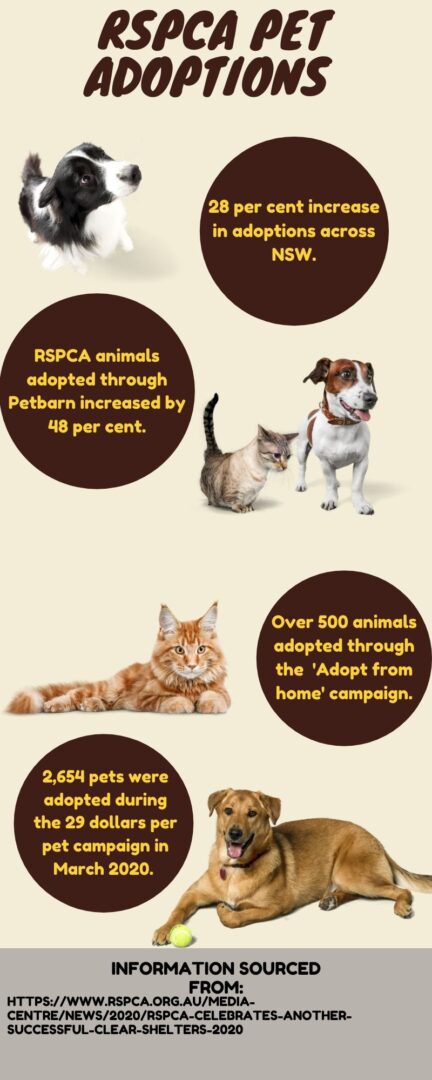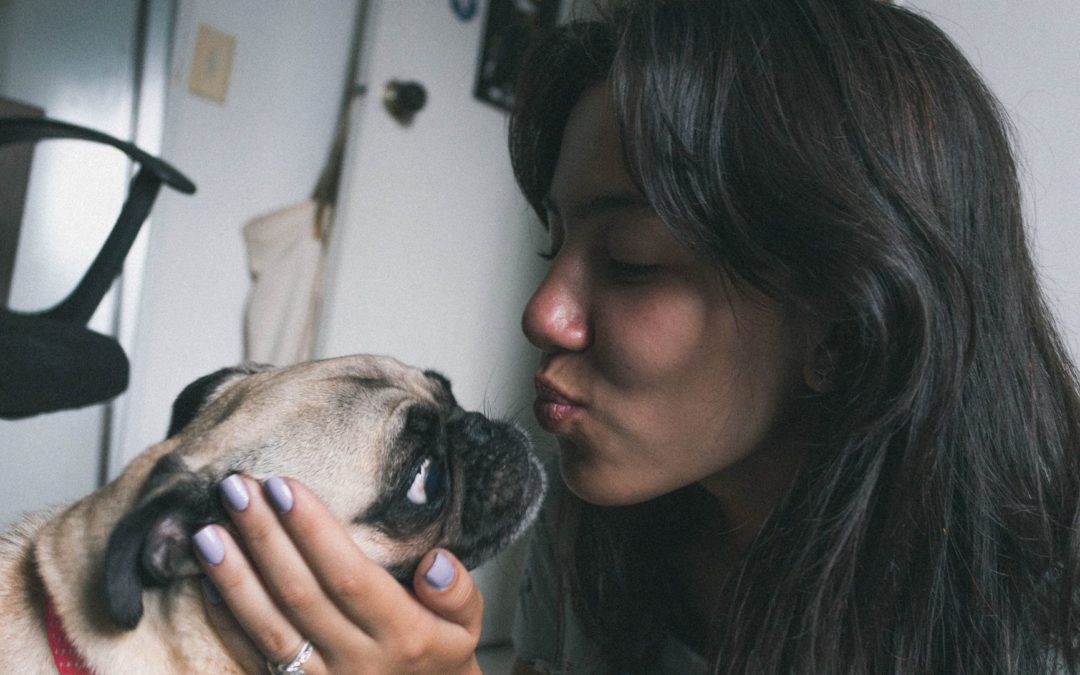The RSPCA NSW has seen a rise in pet adoptions amid the coronavirus social isolation period.
Adoptions have increased by 28 per cent across the state compared to the same time last year. Five hundred animals were adopted across the state during the first two weeks of COVID-19 restrictions.
The RSPCA was pleased with the amount of potential owners who visited the shelters to find a suitable pet to adopt, but it was concerned about social distancing measures.
NSW RSPCA spokesperson Kieron Watson said the organisation needed to act quickly.
“We ended up having lots of people turning up to the shelters which isn’t ideal when we are told no large gatherings of people,” he said.
“We’ve moved all of our adoptions totally online now, you go to our website, find a pet that you like, fill out an application form online and then if you meet the criteria we will give you a call back.”
To allow adoptions to continue, RSPCA NSW launched its ‘Adopt from home’ campaign, which shifted its adoption process online. The organisation closed its shelters and care centres to public walk-ins.
The new process has used phone and video calls.
Successful applicants have their new pet transported to them by staff for a ‘meet and greet’ and to have the adoption finalised.
RSPCA NSW CEO Steve Coleman said the RSPCA was doing its best to ensure the safety and welfare for the animals and staff.
“We are adapting to the changes as best we can to give our animals an opportunity to find loving homes, and to ensure our doors are still open for animals in need,” he said in a statement.
Mr Watson said the RSPCA ensured safety measures would be in place and pets are given to the right homes.
“We want to reassure everyone all our animals go through adoption processes,” he said.
“We are not just giving any dog to anyone that applies for adoption without proper background checks and calling them multiple times to make sure the right animal is going to the right home.”
Online funds raised by adoptions go toward supporting the RSPCA’s work within communities, and the 124,000 animals in its shelters each year.

RSPCA pet adoptions have increased amid COVID-19 social distancing. @UOWTV #uowcreative
— Oguzhan Dincsoy (@_Oz98) April 29, 2020

